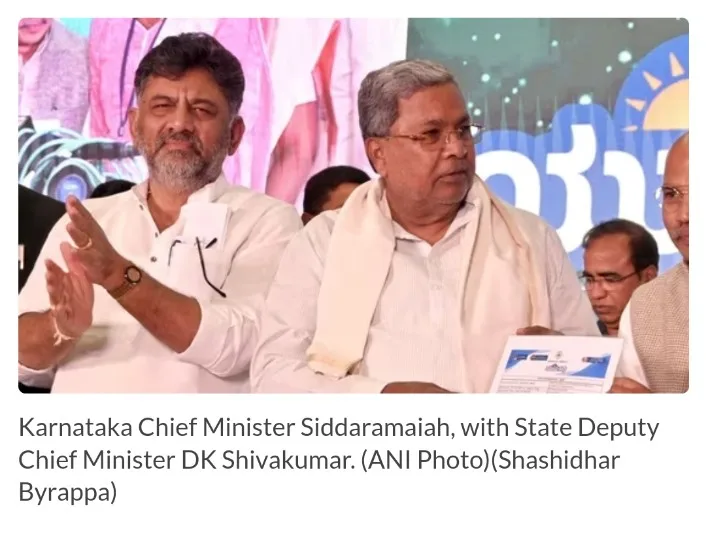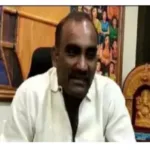In a significant development, Karnataka police have arrested a 50-year-old man named Poojary, believed to be involved in the rioting that ensued after the Babri Masjid demolition in Ayodhya. This arrest, which comes 30 years after the historic event in 1992, has stirred political controversy, with the Bharatiya Janata Party (BJP) asserting that the Congress government in Karnataka is engaging in the ‘terrorizing’ of Hindu activists.
Poojary, who was 20 years old at the time of the Babri Masjid demolition, was apprehended from the Hubballi district in what is being labeled as a “long-pending” case. The BJP claims that this move is a deliberate attempt to intimidate individuals associated with the Ram temple agitation.
Former minister R Ashoka, expressing concern, alleged, “The Congress government in Karnataka is reopening the 31-year-old case. It gives an impression that they are being hounded for taking part in the Ram temple agitation at a time when people are eagerly waiting for the historic occasion of the consecration of the grand temple in Ayodhya.” He further accused the Congress government of ‘terrorizing’ Ram devotees by sending them to jail.
The timing of the arrest adds a layer of complexity to the situation, occurring as Ayodhya is gearing up for the grand consecration ceremony of the Ram Temple on January 22. Notably, Prime Minister Narendra Modi and several dignitaries are expected to be present during this historic event.
The Babri Masjid demolition riots in 1992 had widespread ramifications, leading to communal clashes and significant loss of life. The subsequent legal battles culminated in the Supreme Court’s decision in 2019, ordering the construction of the Ram Temple on the disputed 2.77 acres of land and allocating an alternative 5 acres of land to the Uttar Pradesh Sunni Central Waqf Board for the construction of a mosque.
The arrest of Poojary has reignited discussions about the Babri Masjid-Ram Janmabhoomi dispute and has become a focal point of political debate in Karnataka, emphasizing the complex interplay of historical events, legal outcomes, and contemporary political narratives.







